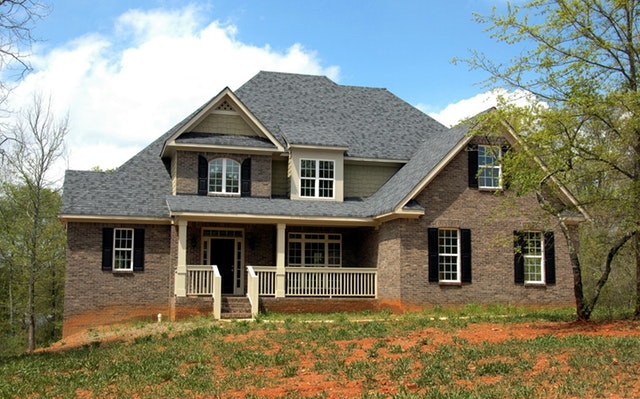 The rapidly rising home prices currently found in many parts of the United States make it seem like the Great Recession of 2008 never happened. It took approximately eight years for home prices to recover the values that were equivalent to those they had before the recession.
The rapidly rising home prices currently found in many parts of the United States make it seem like the Great Recession of 2008 never happened. It took approximately eight years for home prices to recover the values that were equivalent to those they had before the recession.
After reaching this point of recovery, since around 2016, real estate prices have been going up very quickly in many cities.
The Best Recovered Housing Markets
Here are the fully-recovered housing markets analyzed by ATTOM data service for the second quarter of 2019 that have exceeded the peak valuations from before the recession.
This list of winners shows the percentage that they are now above their pre-2008 peaks:
- Greeley, Colorado (87% up)
- Shreveport, Louisiana (81% up)
- Denver, Colorado (80% up)
- Austin, Texas (77% up)
- Fort Collins, Colorado (76% up)
- Dallas-Fort Worth, Texas (72% up)
- Nashville, Tennessee (71% up)
- San Antonio, Texas (58% up)
- Houston, Texas (54% up)
- San Jose, California (54% up)
It took quite a while for homes to have this much appreciation in value, which in most cases meant that the homes, first, had to increase significantly to overcome the lowered values from pre-recession peaks.
Homeowners Waiting Longer To Sell
Homeowners, who were wise and able, waited for this to occur. This accounts for the median of eight years that homeowners waited before selling now. Before the Great Recession, the median holding period for selling a home was only four years after purchase.
Homeowners who were able to hang on to their homes after the Great Recession hit, and then ride it out until now, are, in general, being rewarded for waiting to sell.
The Hottest Markets For American Cities
Most American cities are hot real estate markets. The appreciation rate for annual increases is up 89% of all the metro market areas.
Cities showing the greatest annual appreciation rates are:
- Atlantic City, New Jersey (16% increase)
- Boise City, Idaho (14% increase)
- Chattanooga, Tennessee (13% increase)
- Mobile, Alabama (11% increase)
- Madison, Wisconsin (11% increase)
- Milwaukee, Wisconsin (9% increase)
- Boston, Massachusetts (9% increase)
- Salt Lake City, Utah (9 % increase)
- Columbus, Ohio (8 % increase)
- Birmingham, Alabama (6% increase)
Summary
Whether this a continuing boom or an early indication of another real estate bubble that might eventually burst is anyone’s guess. It is a decent time to sell if selling a home is in the plans. It is a more challenging time for home buyers. However, the one thing the Great Recession taught us all is that housing prices do not always go up.
If you are in the market for a new home or interested in listing your current property, please consult with your trusted real estate professional.
 Last week’s economic reports included readings on construction spending, public and private-sector jobs and the national unemployment rate. Weekly reports on mortgage rates and first-time jobless claims were also released.
Last week’s economic reports included readings on construction spending, public and private-sector jobs and the national unemployment rate. Weekly reports on mortgage rates and first-time jobless claims were also released.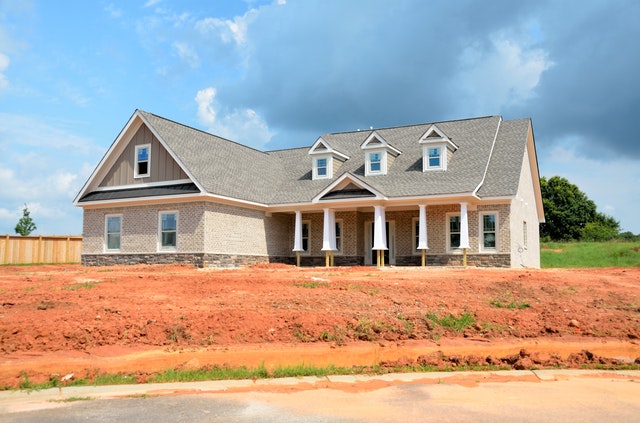 modestly priced. The demand for smaller, less expensive homes is growing, while the overall demand for new custom homes is declining. Prices decreased slightly, by about one-half percent, from the price levels in 2018 for newly-constructed homes.
modestly priced. The demand for smaller, less expensive homes is growing, while the overall demand for new custom homes is declining. Prices decreased slightly, by about one-half percent, from the price levels in 2018 for newly-constructed homes.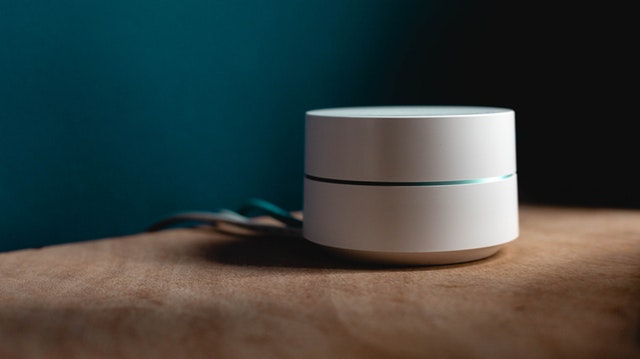 Smart home technology is useful for many reasons. It improves security, helps improve energy-efficiency, and makes it more convenient for the home’s occupants. There is also a new trend in the use of smart home technology as a sales tool to help sell a home or a condominium.
Smart home technology is useful for many reasons. It improves security, helps improve energy-efficiency, and makes it more convenient for the home’s occupants. There is also a new trend in the use of smart home technology as a sales tool to help sell a home or a condominium.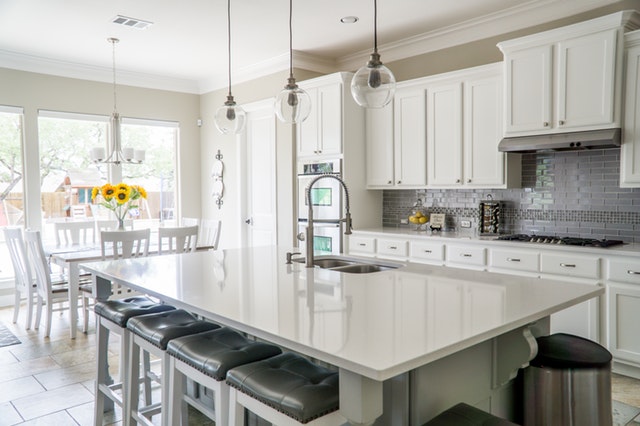 Decorating and putting the finishing touches on your new home is definitely one of the most fun parts of moving. It’s satisfying to fill your new home with furnishings and décor choices that reflect your personality and lifestyle.
Decorating and putting the finishing touches on your new home is definitely one of the most fun parts of moving. It’s satisfying to fill your new home with furnishings and décor choices that reflect your personality and lifestyle.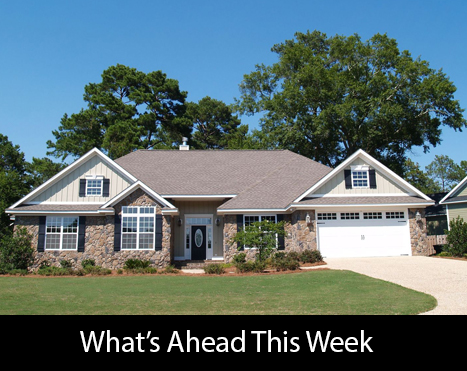 Last week’s economic news included readings on home price trends, pending home sales and weekly readings on average mortgage rates and first-time jobless claims. The University of Michigan also released consumer sentiment report.
Last week’s economic news included readings on home price trends, pending home sales and weekly readings on average mortgage rates and first-time jobless claims. The University of Michigan also released consumer sentiment report.